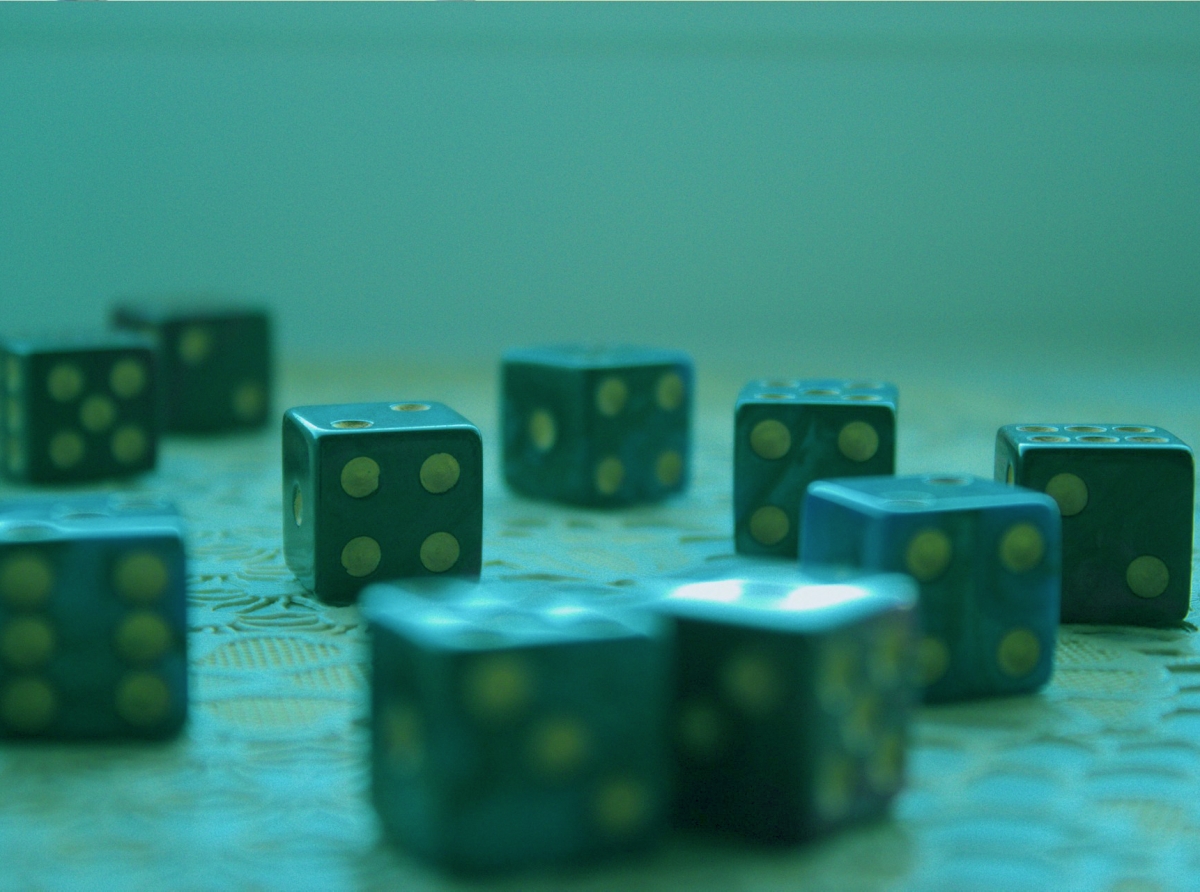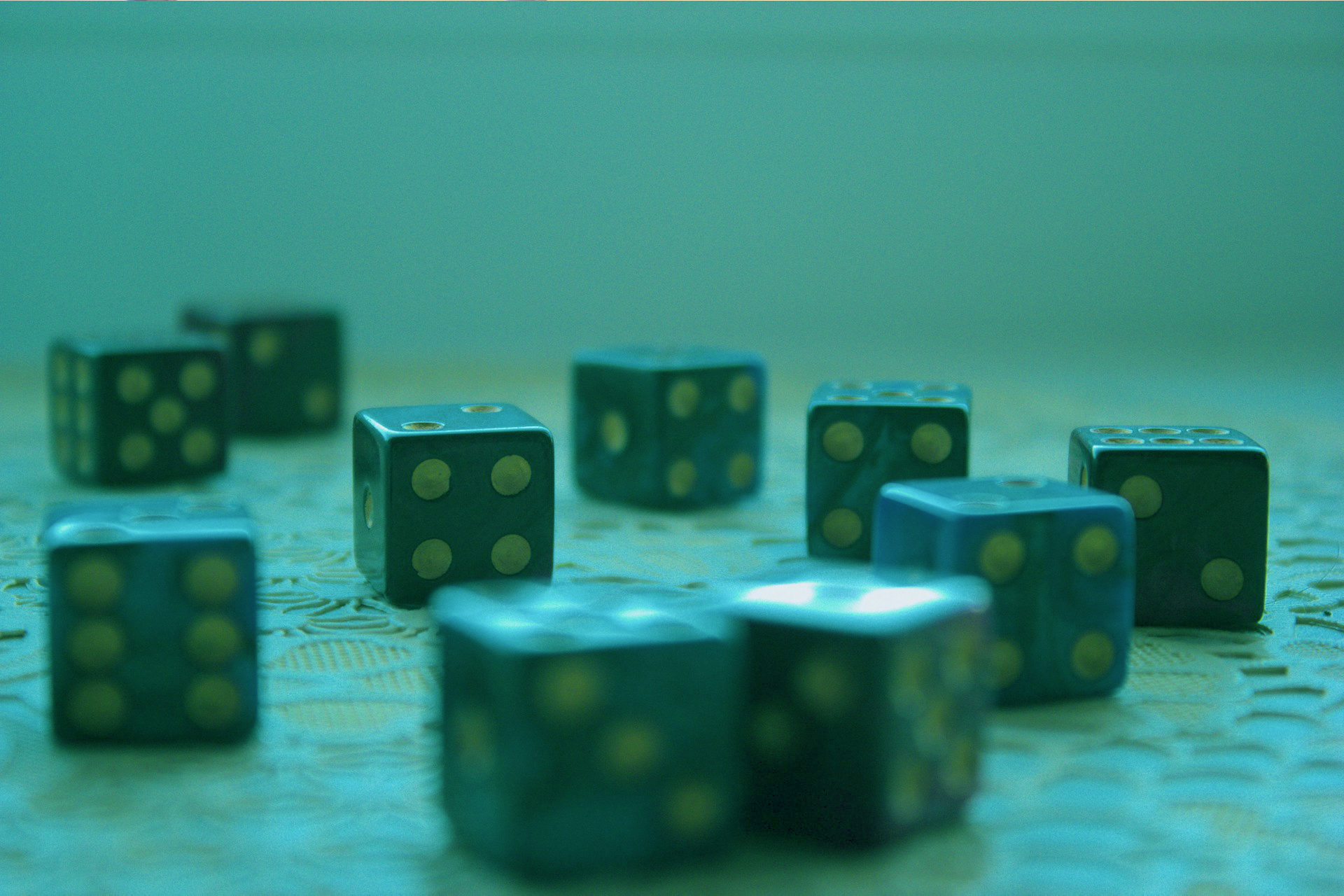The Psychology of Profit Taking: When to Close Your Winning Trades

The Psychology of Profit Taking: When to Close Your Winning Trades
Knowing when to close a winning trade is one of the hardest decisions a trader faces. Profit-taking is not just a technical move; it’s a psychological battle against greed, fear of missing out (FOMO), and the desire for perfection.
Mastering this art requires a balance between strategy and emotional control.
Mastering this art requires a balance between strategy and emotional control.
Why Profit-Taking is a Psychological Challenge
Every trader dreams of capturing the full trend, squeezing every last pip of profit from the market. But reality teaches a harsher lesson: markets reverse without warning, and holding too long often turns winners into losers.The fear of closing “too early” is driven by greed, while the fear of reversal triggers premature exits. Profit-taking becomes a mirror, reflecting a trader's emotional state more than market logic.
Research in behavioral finance shows that traders are prone to the “disposition effect” — a cognitive bias where they hold losing positions too long and sell winners too soon.
The irony? In pursuit of “maximum profit,” traders often sabotage their own strategies.

The Psychology of Profit Taking: When to Close Your Winning Trades
Strategy vs Emotion: Finding the Balance
Technical indicators, such as moving averages, Fibonacci levels, or trailing stop losses, are designed to systematize exits. Yet, no tool is immune to emotional interference. Even the best-laid trading plans can crumble when the market becomes too euphoric or volatile.Professional traders set predefined exit rules, but what truly differentiates them is their discipline to follow through. The market doesn’t owe profits — it only offers opportunities. Profit-taking is about accepting "good enough" rather than chasing perfection.
A practical approach is partial exits. Closing a portion of a winning trade locks in profits, while leaving a smaller position open allows participation if the trend continues. This reduces emotional pressure and aligns risk with opportunity.
Real Stories: Lessons from the Trading Floor
Consider the story of Anna, a prop trader who turned a $10,000 account into $40,000 — only to see it fall back to $15,000 because she refused to close positions, waiting for “just a little more.”It wasn’t a strategy failure; it was psychological sabotage. After revising her exit plan to include staggered take-profits and strict trailing stops, she stabilized her returns.
Similarly, veteran trader Marcus shared that his turning point came when he stopped aiming for “home runs” and focused on consistent, smaller profits. “The market will humble you,” he says.
“But if you respect your profits, they’ll compound in ways chasing the big score never will.”
Data-Driven Exits: Managing Expectations
According to TradingView data (August 2025), traders who employed predefined exit strategies (fixed R-multiples, trailing stops) outperformed discretionary traders by 17% in net monthly returns. This confirms a simple yet ignored truth: emotional exits cost money.Profit-taking is a game of probabilities, not certainty.
The aim is not to predict the top but to align exits with a trading plan that is sustainable and repeatable over time.
Profit-taking is not a finish line — it’s a process of self-mastery.
The question isn’t just “when to close a trade,” but “how to close trades consistently without being derailed by emotions.”
Traders who develop this mindset transform profit-taking from an emotional tug-of-war into a disciplined routine.
By Jake Sullivan
August 6, 2025
Join us. Our Telegram: @forexturnkey
All to the point, no ads. A channel that doesn't tire you out, but pumps you up.
The question isn’t just “when to close a trade,” but “how to close trades consistently without being derailed by emotions.”
Traders who develop this mindset transform profit-taking from an emotional tug-of-war into a disciplined routine.
By Jake Sullivan
August 6, 2025
Join us. Our Telegram: @forexturnkey
All to the point, no ads. A channel that doesn't tire you out, but pumps you up.









Report
My comments